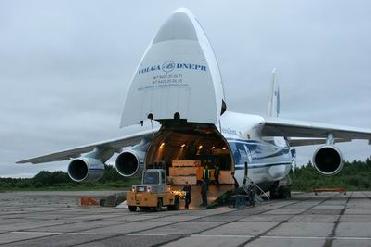
GOCE arrives safely at launch site in Russia. File photo
MOSCOW (BNS): The European Space Agency�s Gravity field and steady-state Ocean Circulation Explorer (GOCE) launch has been delayed till February next year. The delay is the result of a failure in the guidance and navigation system of the launcher's Upper Stage (Breeze KM).
The Russian authorities responsible for the Rockot launcher carried out a probe and arrived at a decision that the necessary hardware changes by the manufacturer would require a minimum of two months.
The fault in GOCE was discovered during the spacecraft�s launch preparations on September 7 earlier this year at Plesetsk, thus putting off the launch.
The ESA GOCE has been developed to bring about a whole new level of understanding of the Earth's most fundamental forces of nature � the gravity field.
�Dubbed the 'Formula 1' of spacecrafts, this sleek high-tech gravity satellite embodies many firsts in terms of its design and use of new technology in space to map Earth's gravity field in unprecedented detail. As the most advanced gravity space mission to date, GOCE will realise a broad range of fascinating new possibilities for the fields of oceanography, solid Earth physics, geodesy and sea-level research, and significantly contribute to furthering our understanding of climate change,� ESA said.
Although invisible, gravity is a complex force of nature that has an immeasurable impact on our everyday lives. �It is often assumed that the force of gravity on the surface of the Earth has a constant value, but in fact the value of 'g' varies subtly from place to place. These variations are due to a number of factors such as the rotation of the Earth, the position of mountains and ocean trenches and variations in density of the Earth's interior,� ESA scientists said.
�Over its lifetime of about 20 months, GOCE will map these global variations in the gravity field with extreme detail and accuracy. This will result in a unique model of the geoids, which is the surface of equal gravitational potential defined by the gravity field � crucial for deriving accurate measurements of ocean circulation and sea-level change, both of which are affected by climate change. GOCE-derived data is also much needed to understand more about processes occurring inside the Earth and for use in practical applications such as surveying and levelling,� ESA said.
The agency said that since the gravitational signal is stronger closer to Earth, the 'arrow-like', five-metre long GOCE satellite has been designed to cut through of what remains of the Earth's atmosphere at just 250 km above the surface of the planet. �This low-orbiting spacecraft is the first mission to employ the concept of gradiometer - the measurement of acceleration differences over short distances between an ensemble of proof masses inside the satellite, the European agency said.
�GOCE is equipped with three pairs of ultra-sensitive accelerometers arranged in three dimensions that respond to tiny variations in the 'gravitational tug' of the Earth as it travels along its orbital path. Because of their different position in the gravitational field they all experience the gravitational acceleration of the Earth slightly differently. The three axes of the gradiometer allow the simultaneous measurement of six independent but complementary components of the gravity field,� the ESA said.
�Although the gradiometer forms the heart of the satellite, to measure gravity there can be no interference from moving parts so the entire spacecraft is actually one extremely sensitive measuring device,� the agency said.
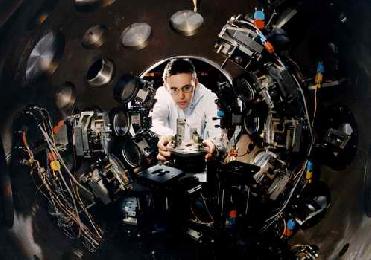 Previous Article
Previous Article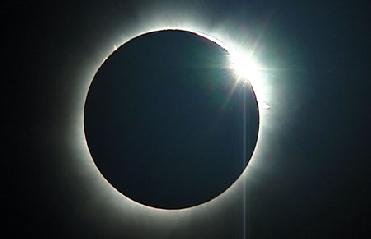
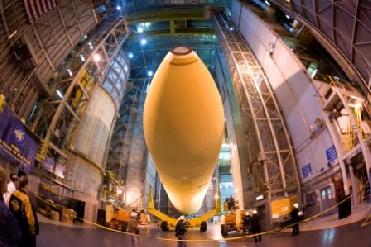
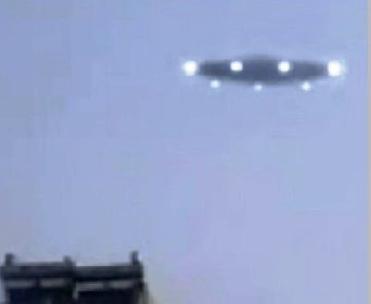
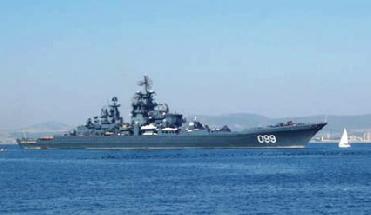










The Indian Air Force, in its flight trials evaluation report submitted before the Defence Ministry l..
view articleAn insight into the Medium Multi-Role Combat Aircraft competition...
view articleSky enthusiasts can now spot the International Space Station (ISS) commanded by Indian-American astr..
view article